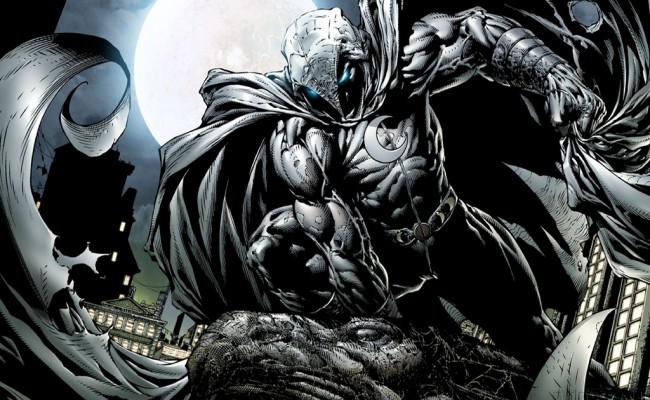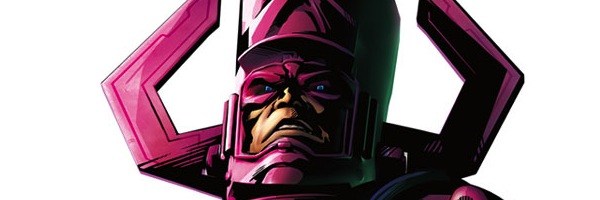If you’re in desperate need of more reality television in your life, America’s Got Powers has your fix. Check out the official description from Image:
A generation of super-powered teens battle to be The Hero on the biggest TV event in history but Tommy Watt’s dreams of fame and fortune might be over even if he survives The Trials. Someone is coming and he’s going to destroy the show and everybody in it!
Let me be clear: AGP is NOT reality TV; it’s about reality TV (and fascist government, but more on that in a moment).
 Not surprisingly, the events at the end of last issue are the major focus of issue 2. The executives and government personnel are determined to find out more about Tommy’s powers and think the best solution is to make him fight. Tommy’s a conscientious objector, having lost his brother to the show six months earlier. Whether or not Tommy will fight, and the reasons for and against are the big topics here.
Not surprisingly, the events at the end of last issue are the major focus of issue 2. The executives and government personnel are determined to find out more about Tommy’s powers and think the best solution is to make him fight. Tommy’s a conscientious objector, having lost his brother to the show six months earlier. Whether or not Tommy will fight, and the reasons for and against are the big topics here.
AGP isn’t bad; Ross’s dialogue is believable and the story is reasonably paced. The problem is that it pulls from too many other sources, without really saying anything new. The Hunger Games was largely a critique of reality television, with a dash of fascist government thrown in. George R.R. Martin, author of A Game of Thrones, has a lesser known series called Wildcards. One volume of that series, Inside Straight, is about a reality tv show for superheroes. The treatment of the teens in AGP is a direct reference to the actual treatment of Jews by the Nazis during World War II, which also influenced the persecution of mutants in X-Men. The list of precursors goes on and on. So far, Ross is retreading familiar territory, doing a good job of reinventing the wheel.
Bryan Hitch’s art, however, is great. The level of detail in both subjects and backgrounds is astounding, and he’s a master of handling large group action shots. (Marvel needs him on Avengers vs. X-Men.) Equally important are Andrew Currie and Paul Neary on inks, and Paul Mounts on colors. Together they give every page amazing depth.
With four issues remaining in this series, I’m confident Jonathan Ross is going somewhere, but right now he’s not saying anything new, and that has to change if he wants to hold on to his readers.
2.5/5












S#!T Talking Central